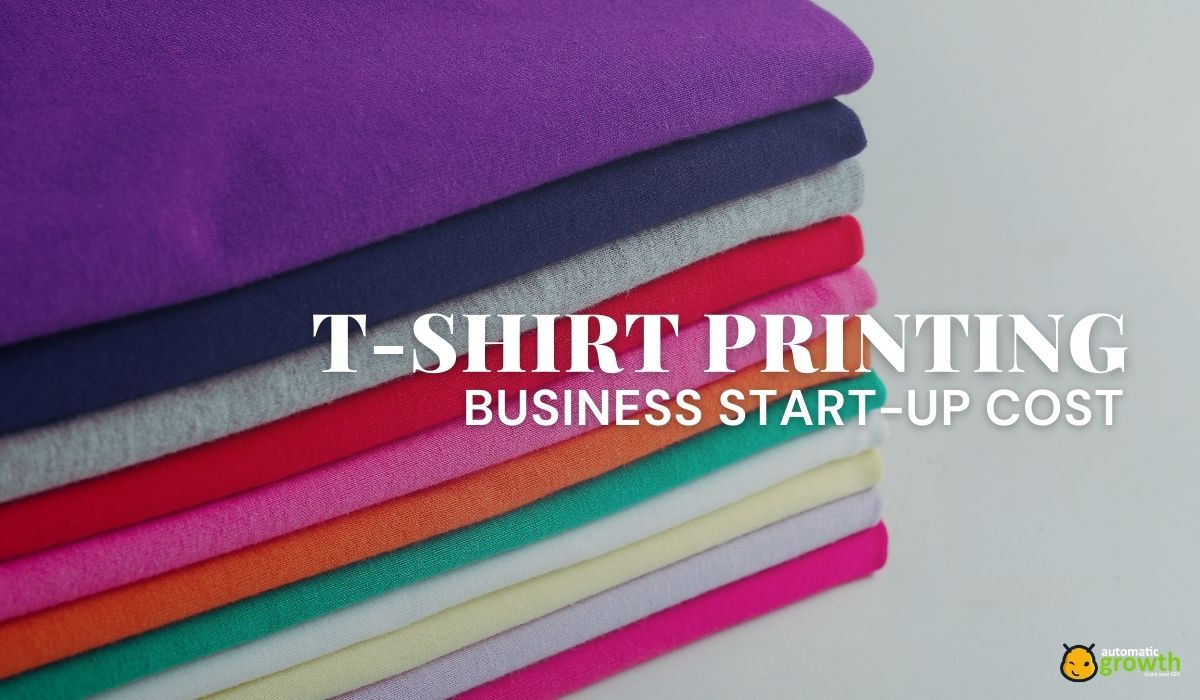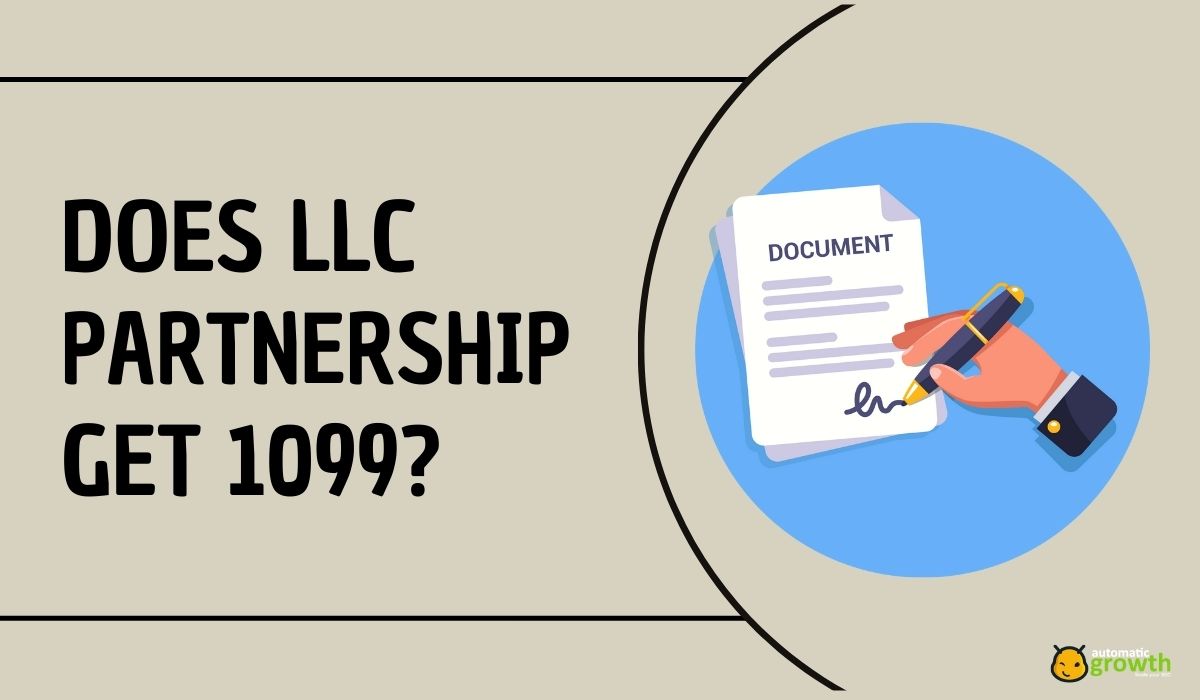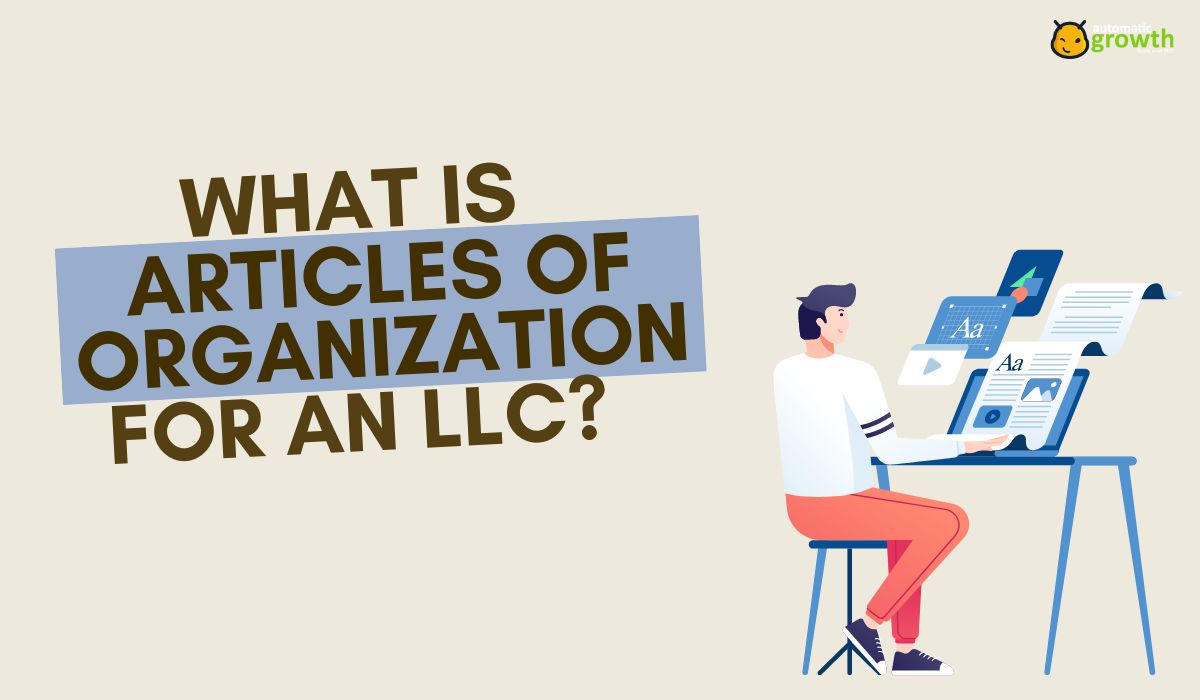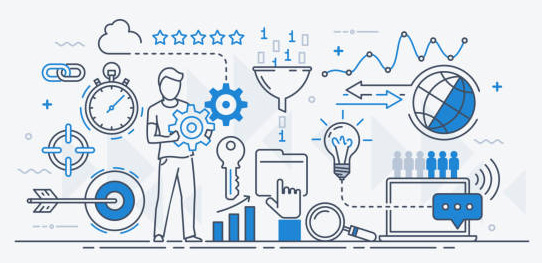Starting a t-shirt printing business is an appealing venture for entrepreneurs looking to make a mark in the clothing and apparel industry. But, as with any business, the first question that often comes to mind is: "How much will it cost to start?" Whether you're aiming to start small from your garage or have visions of a bustling storefront, understanding the cost is crucial for turning your t-shirt dreams into a tangible reality.
In this detailed analysis, we'll peel back the layers of t-shirt printing business start-up costs, guiding you through the financial landscape of launching a t-shirt printing business. From the initial setup, equipment purchases, and material costs to the hidden fees that might not be immediately apparent, we're here to give you a full breakdown.
Key Takeaways
-
Starting a small-scale t-shirt printing operation from home can cost anywhere from $2,000 to $10,000.
-
The average startup cost for a t-shirt printing business can vary based on the scale of the business, location, printing technology, and business model.
-
The demand for custom t-shirts is driven by factors such as the growth of the e-commerce industry.
What’s the Average T-Shirt Printing Business Start-Up Cost?
The global custom t-shirt printing market was valued at $3.64 billion in 2020 and is expected to expand at a compound annual growth rate (CAGR) of 9.7% from 2021 to 2028. [1]
The average t-shirt printing business start-up cost can vary significantly based on several factors, including the scale of the business, location, printing technology, and business model. To give a rough estimate, starting a small-scale t-shirt printing operation from home can cost anywhere from $2,000 to $10,000, while a more professional setup with a retail space could require an investment of $20,000 to $50,000 or more.
On the lower end of the spectrum, if you're planning to operate a home-based business with manual screen printing methods, your initial costs will involve purchasing screen printing equipment, a small inventory of blank t-shirts, inks, a computer with design software, and miscellaneous supplies.
Factors Affecting T-Shirt Printing Business Start-Up Cost
“Starting a small-scale t-shirt printing operation from home can cost anywhere from $2,000 to $10,000.” |
When starting a t-shirt printing business, several factors come into play that can affect the overall cost. These factors not only influence the initial investments but also have long-term implications for the operation and growth of the business. Here's a look at some key elements that can sway the cost of starting and running a t-shirt printing business:
Type of Printing Technology
-
Screen Printing: Advancements in printing technology, such as direct-to-garment (DTG) printers, have reduced the barriers to entry for small businesses and enabled on-demand printing, which is becoming increasingly popular. [2] Generally, more affordable equipment-wise but labor-intensive; suitable for bulk orders.
-
Heat Transfer: Lower startup costs, but the cost per item can be higher; ideal for custom, low-volume orders.
-
Direct-to-Garment (DTG): Higher equipment costs, but excellent for detailed designs and small runs.
-
Sublimation Printing: This can be costly for high-quality setups; best for synthetic fabrics and all-over printing.
Quality and Quantity of Equipment
-
New vs. Used: New equipment is more costly but typically comes with warranties and the latest technology, whereas used equipment can save money upfront but may require more maintenance.
-
Capacity: Industrial machines capable of handling larger volumes are more expensive than smaller machines suitable for limited runs.
Location Costs
-
Home-Based: Saves money on leasing commercial space but may limit business size and growth potential.
-
Commercial Space: Leasing or purchasing a retail or industrial space increases costs but may be justified by greater visibility and production capacity.
Inventory
-
Blank T-Shirts: The cost can vary based on the quality, material, and volume of shirts purchased. Bulk buying often secures better prices.
-
Inks and Printing Materials: Higher-quality inks and materials yield better products but at a higher cost.
Design Costs
-
Software: Professional design software can be expensive but is crucial for creating high-quality designs.
-
Graphic Designers: Hiring designers will add to costs, but it is essential if custom designs are a key selling point.
Labor
-
Employees: Skilled labor is necessary for production and design, while sales and administrative staff are essential for larger operations.
-
Outsourcing: This may reduce initial costs but will require ongoing expenses and quality control systems.
Marketing and Sales Channels
-
Online Presence: Website development and e-commerce capabilities are a must for online sales models.
-
Branding and Promotion: Costs for branding, social media campaigns, and promotional materials can vary widely.
Legal and Administrative Costs
-
Business Formation: Fees for registering the business, trademarks, and other legal necessities.
-
Licenses and Permits: Costs vary by location and may include health and safety, business operations, and zoning permits.
Insurance and Risk Management
-
Property Insurance: Protects equipment and inventory.
-
Liability Insurance: Necessary to cover business risks related to customer interactions.
Miscellaneous and Overhead Costs
-
Utilities: Essential for running equipment, especially in a commercial space.
-
Maintenance and Repairs: Routine maintenance and unexpected repairs for printing equipment.
Understanding the Business Model of a T-Shirt Printing Business
“The global custom t-shirt printing market was valued at $3.64 billion in 2020 and is expected to expand at a compound annual growth rate (CAGR) of 9.7% from 2021 to 2028.” |
Starting a t-shirt printing business is an attractive proposition for entrepreneurs, offering the flexibility to tap into various markets, from custom merchandise for events to niche fashion lines. The business model you choose can significantly affect your operations, costs, and profit potential. Here's an exploration of the common business models in the t-shirt printing industry:
1. Custom Print Shop
A custom print shop typically operates on a B2B (business-to-business) or B2C (business-to-consumer) model, offering personalized printing services for customers' designs. This model thrives on customization, catering to clients who need small batches of t-shirts for events, promotions, or personal use. It requires robust design software, a customer-friendly ordering system, and efficient production processes to handle diverse orders.
2. Niche Fashion Brand
Entrepreneurs with a flair for design might opt to create their own niche fashion brand or establish their own elegant boutiques. This model involves creating unique designs or curating specific themes that appeal to a particular audience. The focus here is on brand development, marketing, and creating designs that resonate with target customers. While production can be in-house, some brands may outsource printing to keep the focus on design and sales.
3. Print on Demand (POD)
The demand for custom t-shirts is driven by factors such as the growth of the e-commerce industry, increasing disposable income, and the popularity of personalized apparel among consumers, especially among the younger demographics. [3]
The print-on-demand model aligns well with an online business approach. It allows for minimal stock and low upfront costs since items are printed only after an order is placed. This model benefits from an e-commerce platform and often relies on third-party POD services that handle printing and shipping, reducing the need for significant investment in printing equipment.
4. Online Marketplace
In this model, the business acts as an intermediary, providing a platform for designers to sell their work. The marketplace operator handles the printing and shipping of products, while designers earn a commission on sales. This model requires a strong online presence, customer service, and efficient coordination with designers and suppliers.
5. Wholesale Production
For those who prefer volume over variety, the wholesale model involves printing large quantities of t-shirts for retailers, brands, or other print shops. This model is built on economies of scale, requiring substantial investment in high-capacity printing equipment and space but offering lower production costs per item.
“The demand for custom t-shirts is driven by factors such as the growth of the e-commerce industry.” |
Frequently Asked Questions
How much does it cost to start a t-shirt printing business?
The t-shirt printing business start-up cost can vary widely based on the scale of the business and the printing method chosen. A small home-based operation using a heat press might start at around $2,000 to $10,000, while a larger operation with professional screen printing equipment can require $20,000 to $50,000 or more.
What are the essential equipment costs for starting a t-shirt printing business?
Essential equipment includes a printing machine (like a screen printer or a DTG printer), a heat press, washing stations (for screen printing), inks, screens, a computer with design software, and a cutter for vinyl prints. Costs can range from a few hundred dollars for basic equipment to tens of thousands for high-end machinery.
Do I need a large space to start my t-shirt printing business?
Not necessarily. Many small-scale t-shirt businesses start in a spare room or garage. However, if you plan to use larger equipment or scale up quickly, you might need a dedicated commercial space, which will add to your start-up costs.
Are there any hidden costs I should be aware of when starting a t-shirt printing business?
Beyond the equipment and space, consider costs for business licensing, insurance, initial inventory (blank t-shirts), marketing, website development, and potential labor costs if you plan to hire employees. Also, account for utility costs associated with running your equipment.
How much should I budget for supplies and inventory?
Initial inventory costs depend on the size of your operation and the variety of products you plan to offer. A small initial inventory might cost between $500 and $2,000. Remember that buying in bulk can often reduce the cost per unit.
Turn Your Entrepreneurial Dreams into Reality
Are you inspired to start your own business but concerned about high start-up costs? Look no further! The world of entrepreneurship is full of opportunities for lucrative businesses with low initial investments. From service-based industries to digital products, there are countless paths to success that don't require a hefty upfront cost.
If you're ready to take the leap into business ownership with minimal financial risk, let's explore the possibilities together. Learn more about low-cost business models that can pave the way to your financial independence and success!
















